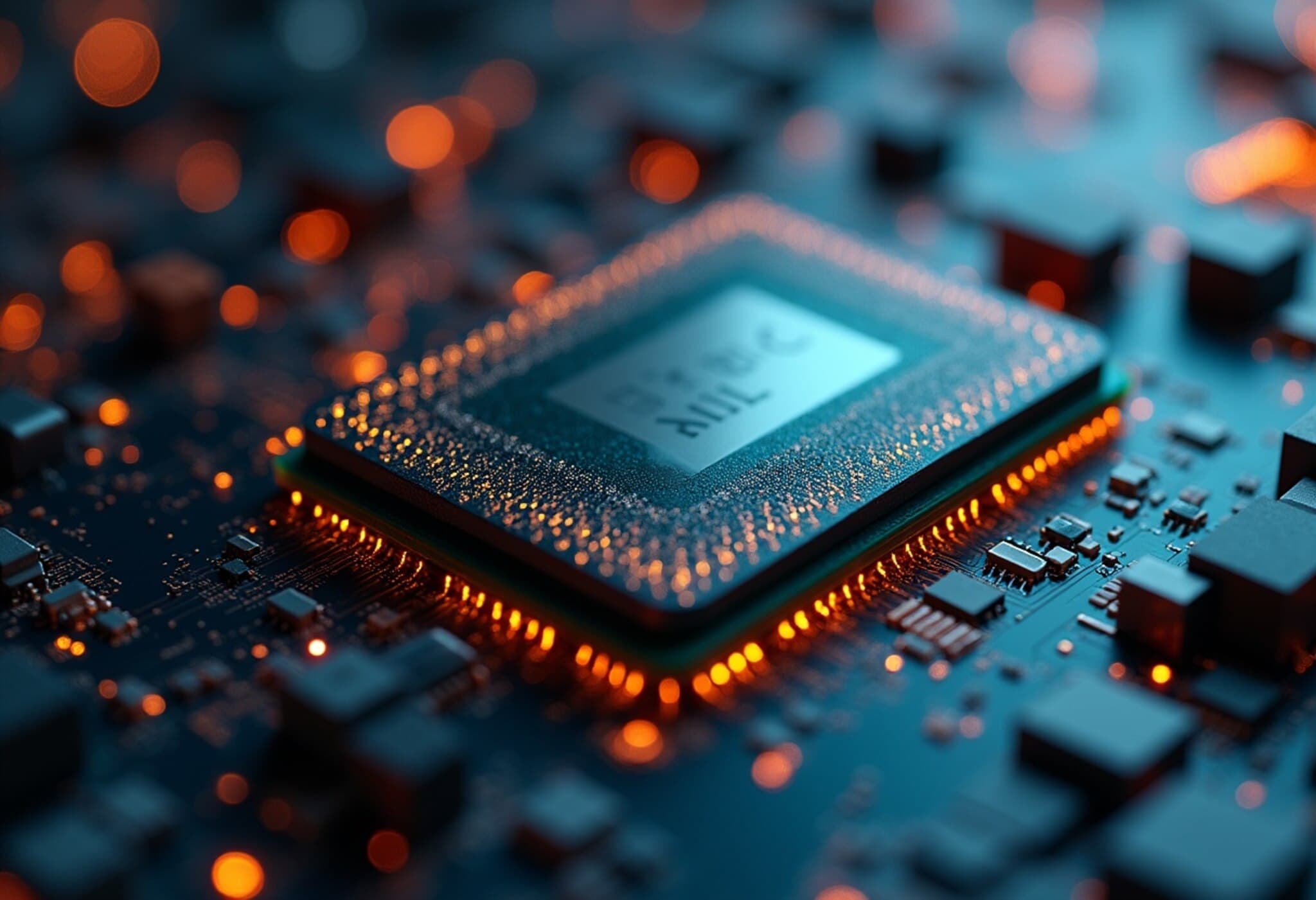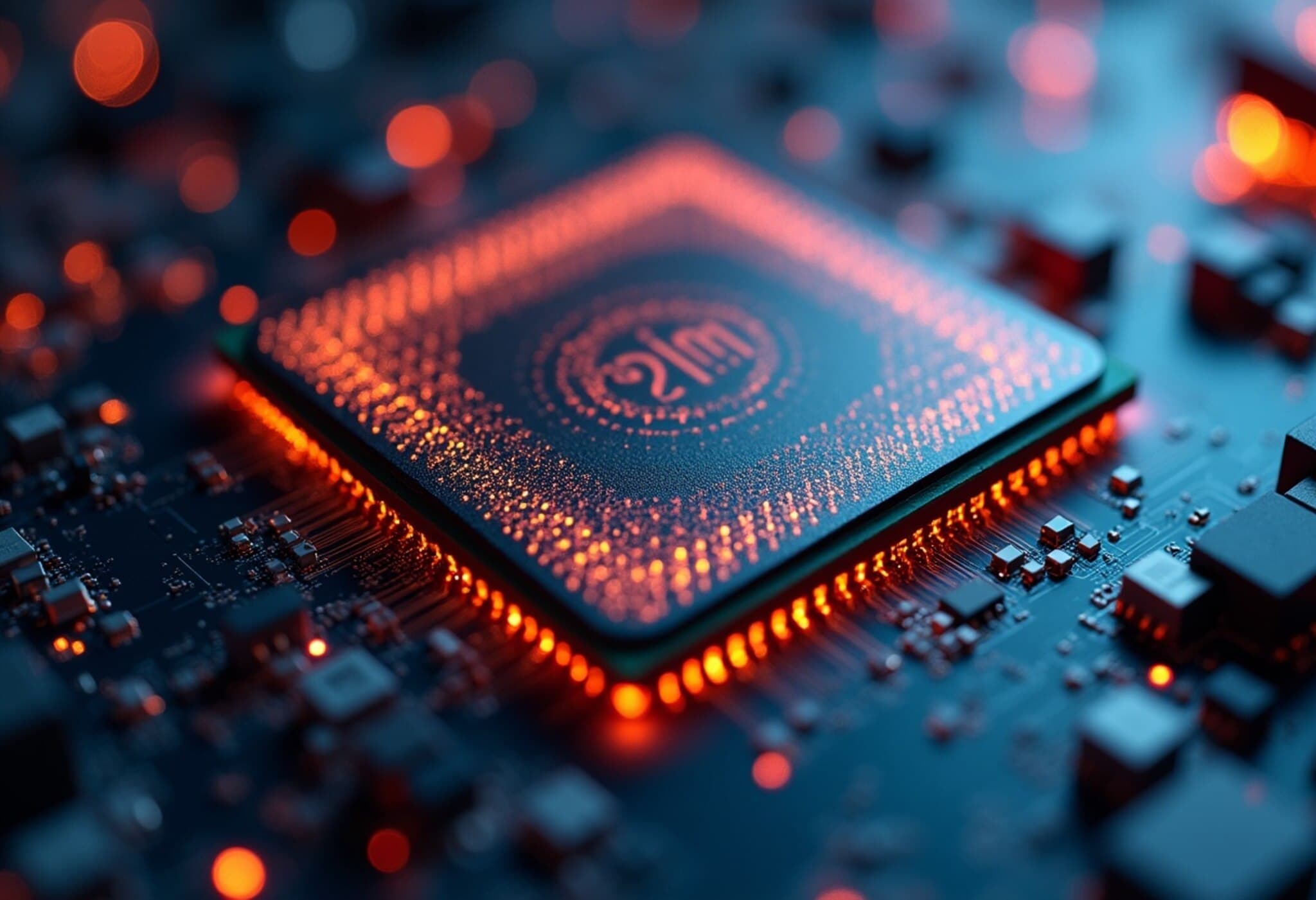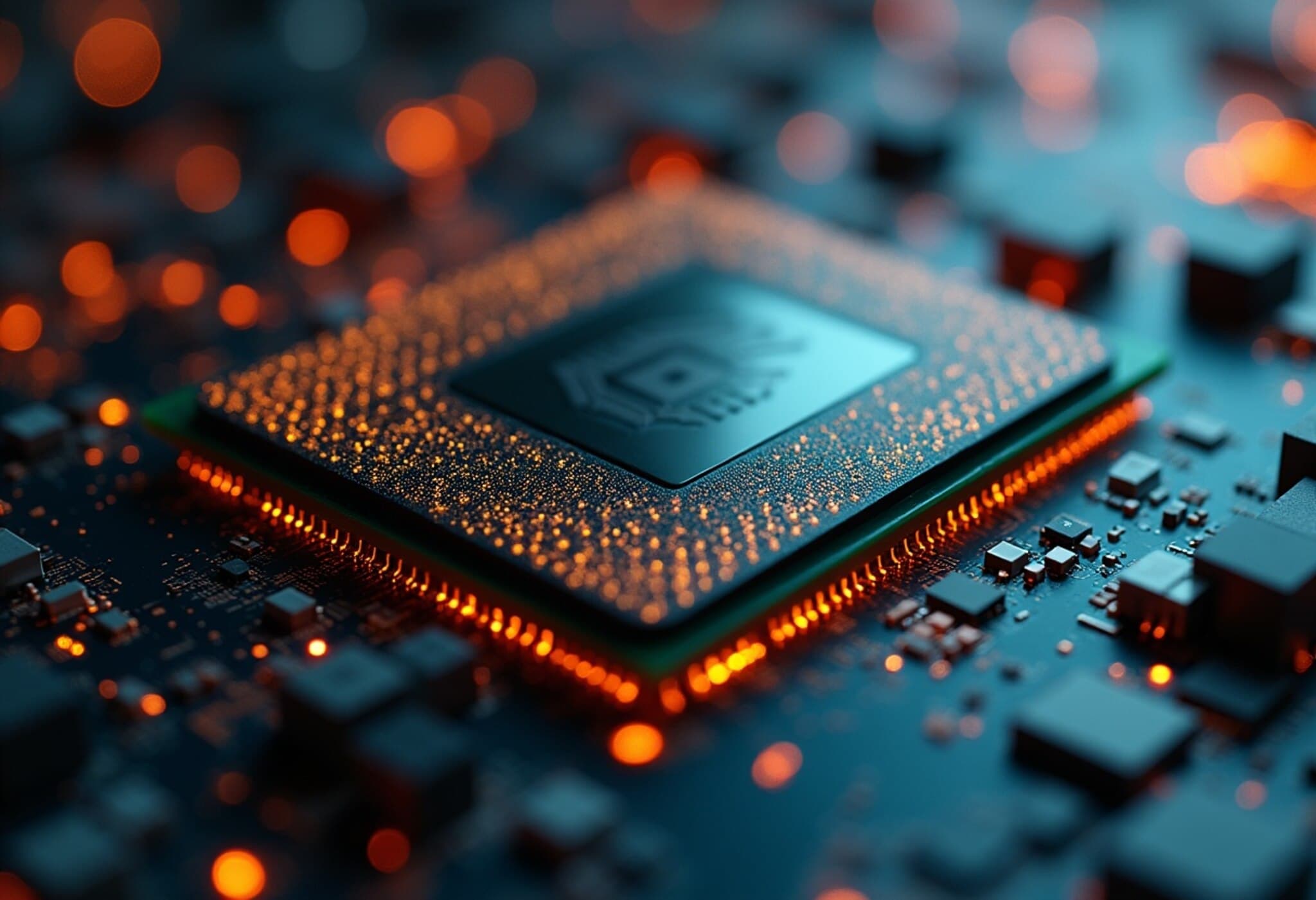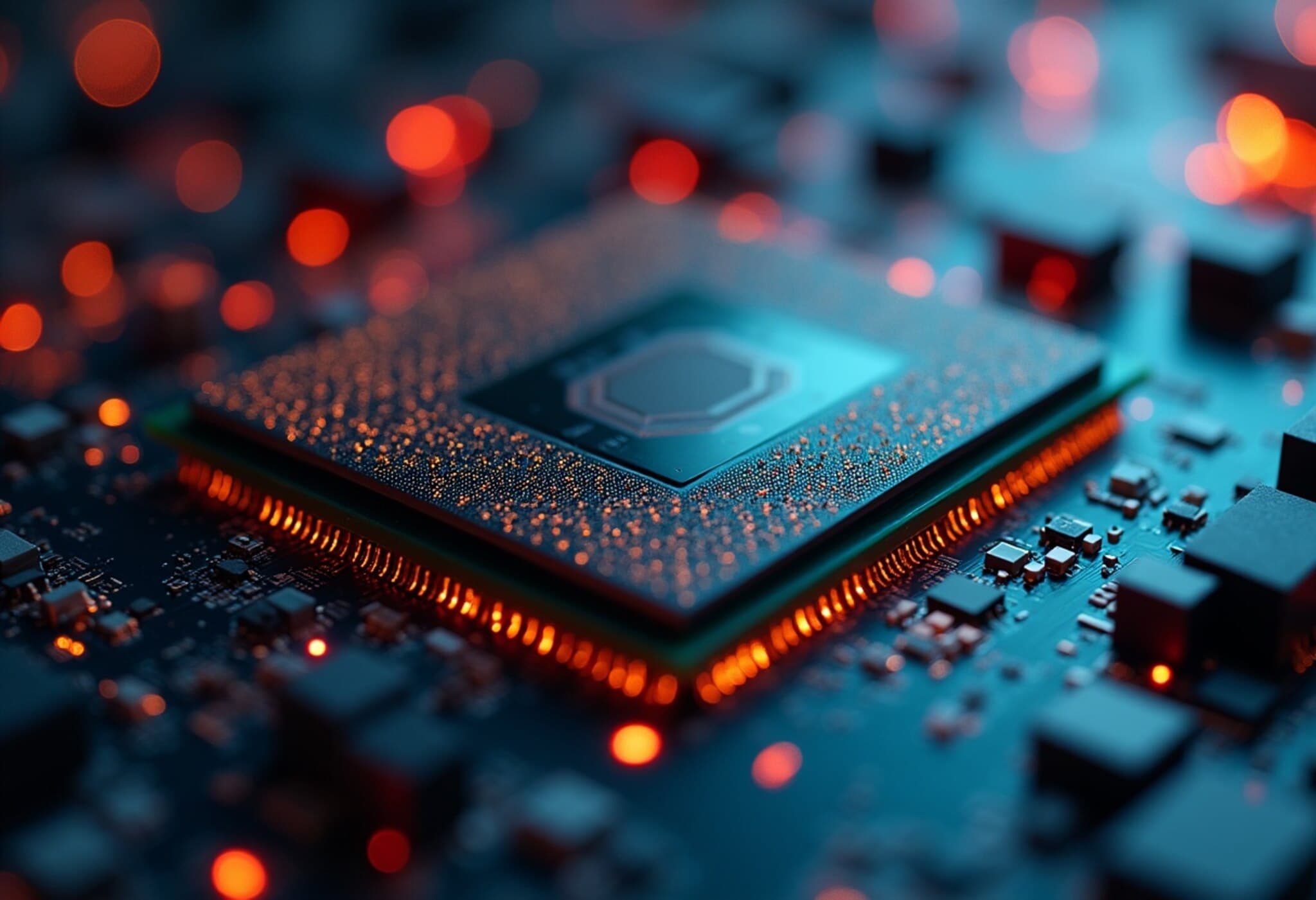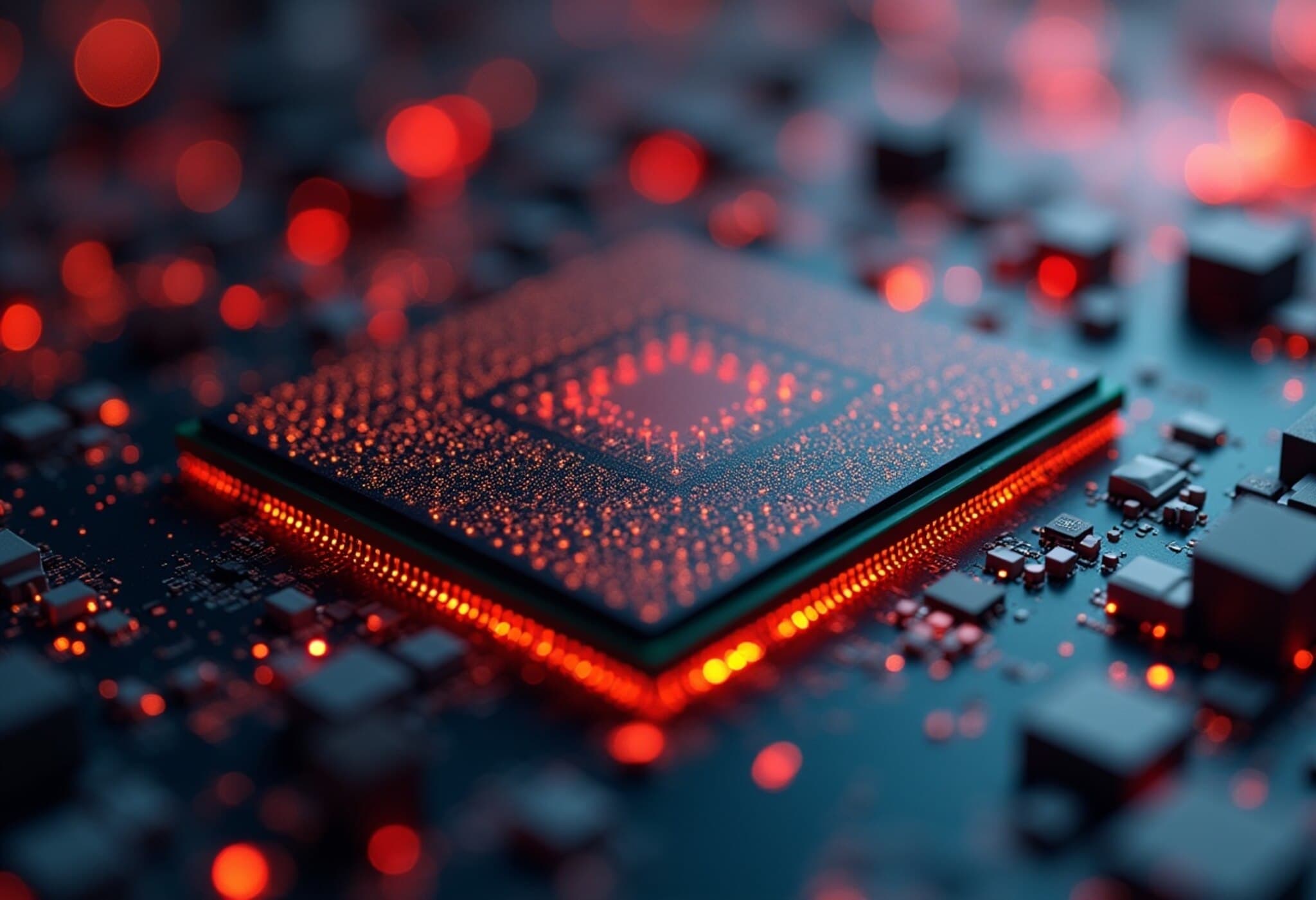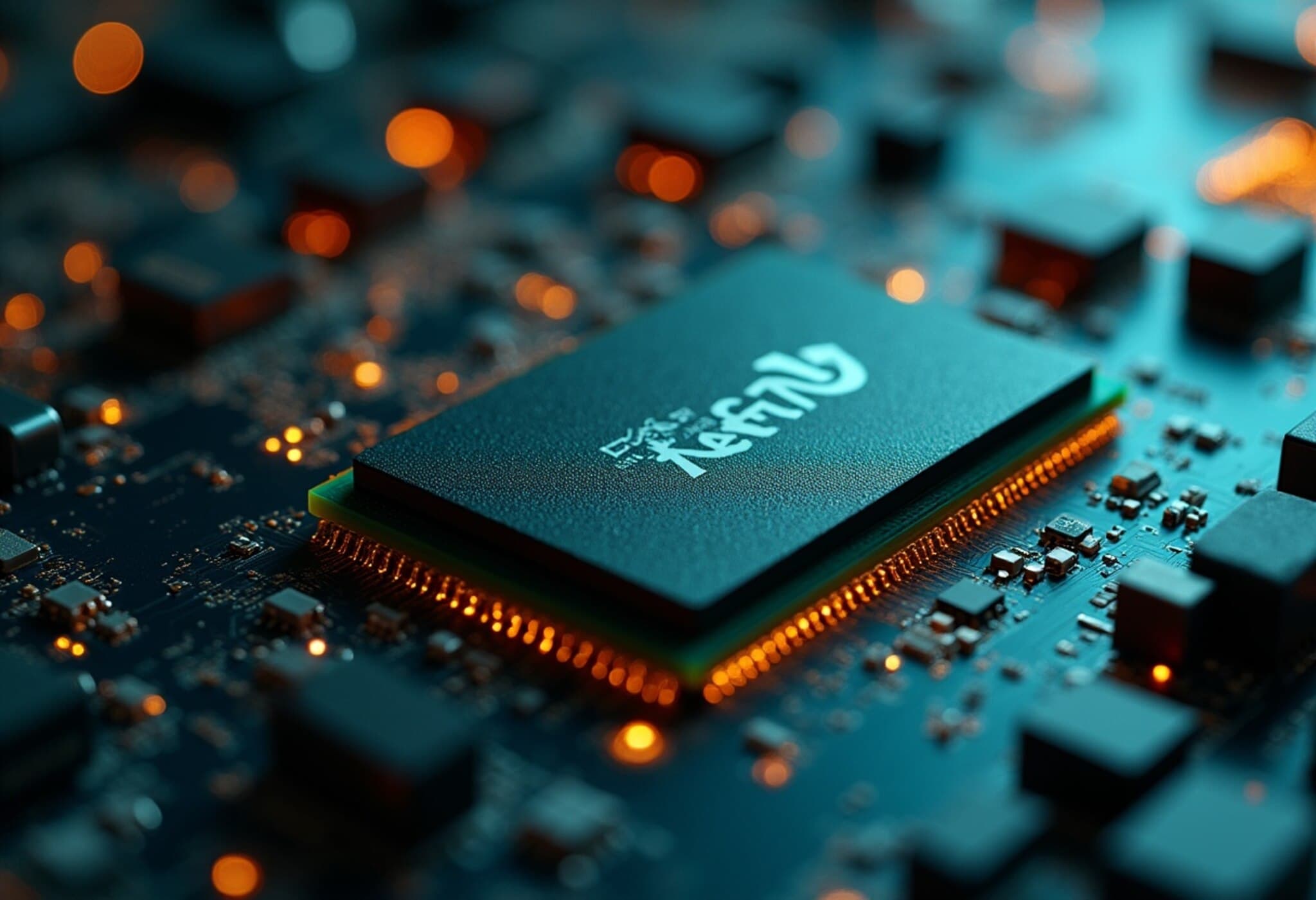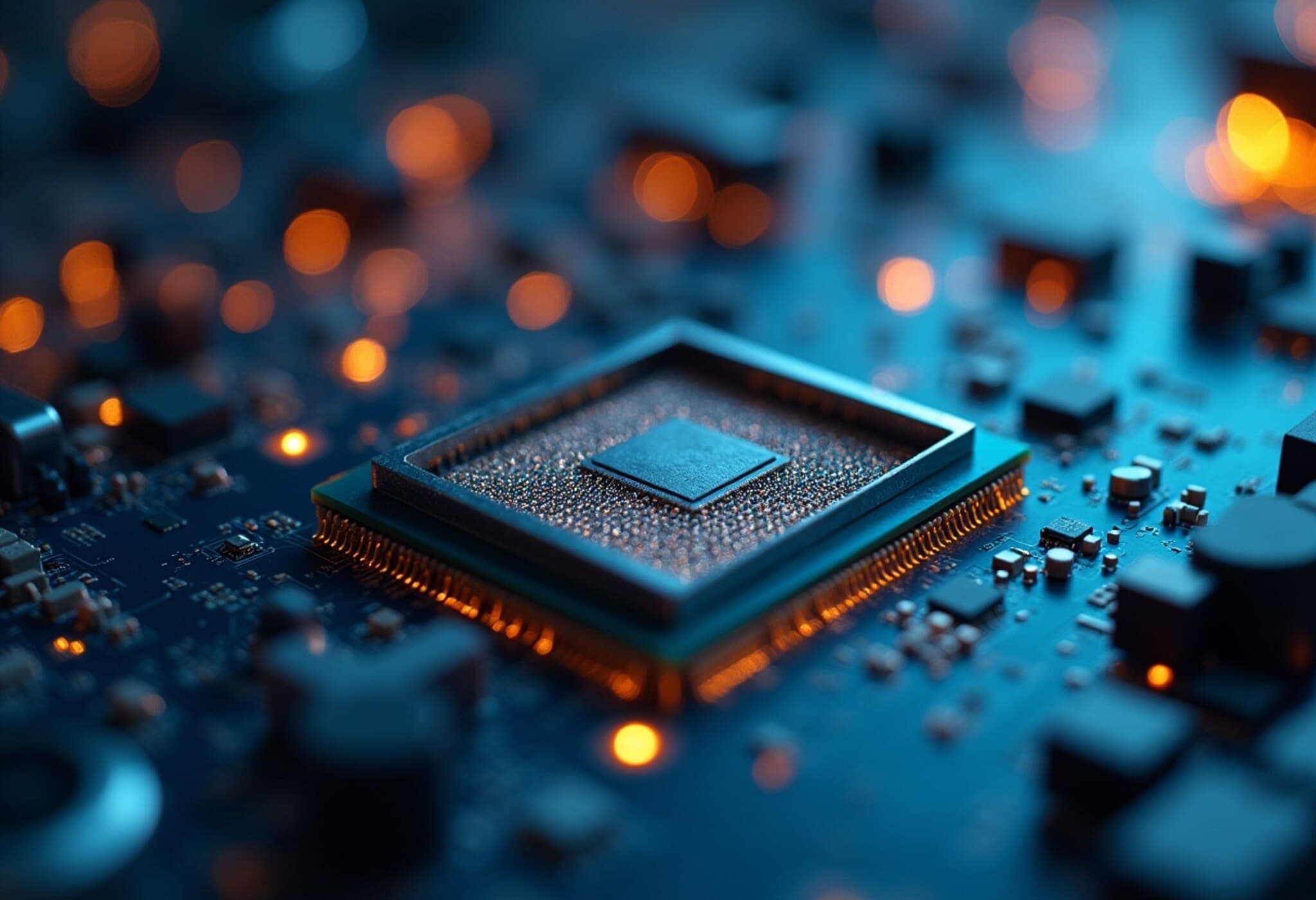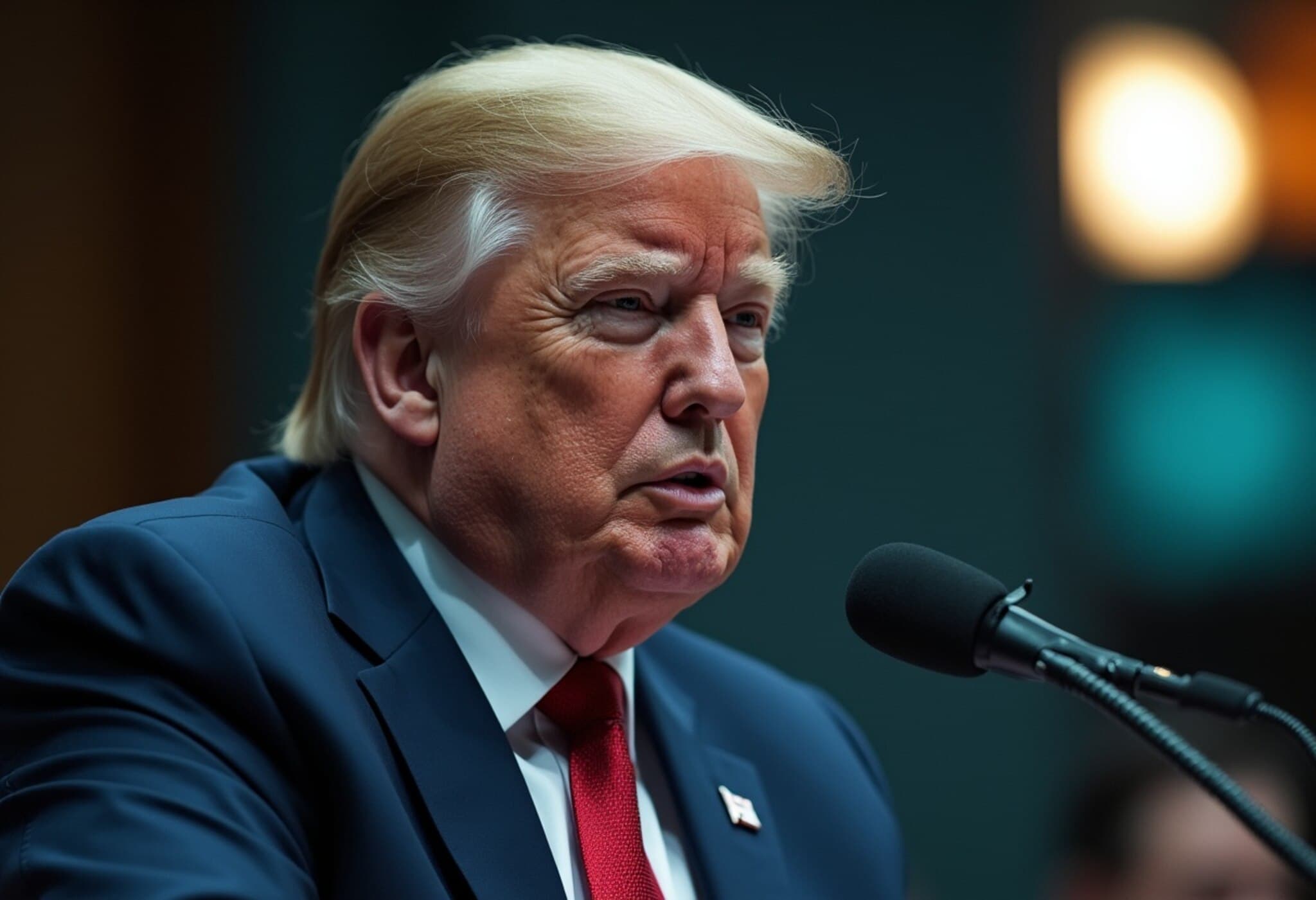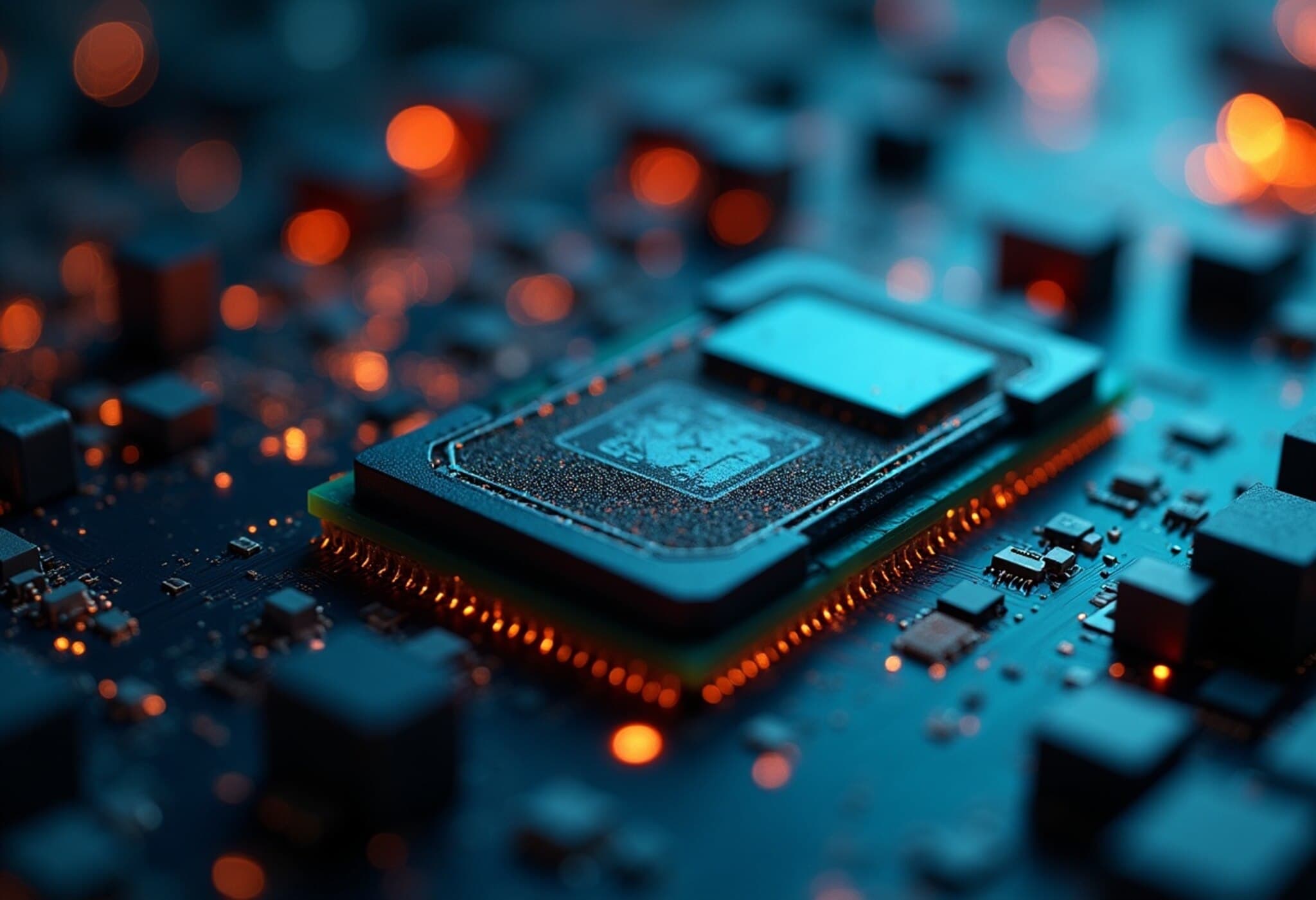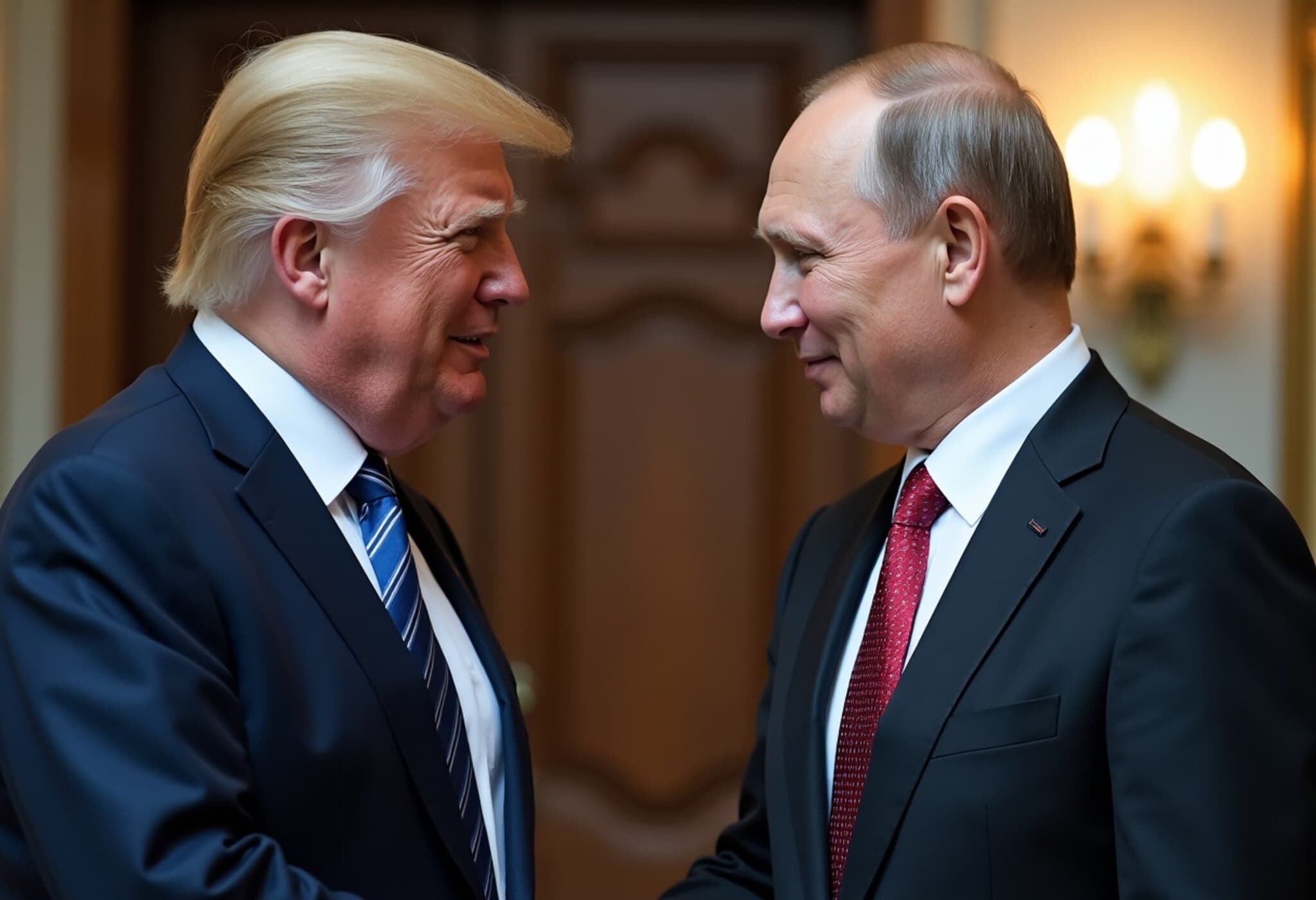China’s Lukewarm Reception to Nvidia’s Comeback Amid U.S.-China Tech Tensions
Last month, Nvidia achieved a significant breakthrough when the U.S. government lifted restrictions, permitting the sale of its H20 AI chip in China. However, far from a warm welcome, Beijing has greeted Nvidia’s return with heightened skepticism and regulatory vigilance. Despite the easing of U.S. chip export controls, Chinese authorities are urging tech giants to limit or even halt purchases of Nvidia’s advanced chips, underscoring the enduring geopolitical friction and China’s drive for semiconductor self-reliance.
Heightened Scrutiny Amid National Security Concerns
Reports from Bloomberg and The Information reveal that Chinese regulators have warned major domestic tech companies—including heavyweights like ByteDance, Alibaba, and Tencent—against deploying Nvidia’s H20 and AMD’s chips for government or security-sensitive projects. According to industry insiders, some firms have been instructed to suspend new Nvidia chip orders pending a thorough national security review.
Nvidia firmly denies allegations of embedded “backdoors” or tracking capabilities within their chips, emphasizing that the H20 is designed solely for civilian applications, not military or critical government infrastructure. Despite these assurances, the Chinese government remains cautious, reflecting broader concerns about technology dependence and security vulnerabilities in a fraught U.S.-China relationship.
Beijing’s Push for Semiconductor Sovereignty
This cautious stance aligns with China’s strategic campaign to foster domestic semiconductor innovation. Experts highlight that Beijing is actively signaling its tech sector to support homegrown AI chipmakers, even if their products fall short of Nvidia’s technological edge. Chris Miller, author of Chip War: The Fight for the World’s Most Critical Technology, notes Beijing’s intent for companies to prioritize giants like Huawei, reinforcing a future where Chinese AI hardware is less reliant on foreign suppliers.
State funding floods China’s semiconductor firms, while restrictions on foreign chips bolster their market positions. Nevertheless, these companies still lag in scale and sophistication compared to Nvidia, illustrating an ongoing technology gap. As Rhodium Group’s Reva Goujon comments, Beijing is trying to overcome adoption hurdles for Chinese chips amid a global landscape where U.S. policymakers openly seek to maintain American tech supremacy.
Competing Strategies: U.S. Export Policy and Global Tech Leadership
The U.S. government's decision to permit Nvidia’s H20 sales was portrayed by some in the prior administration as a trade concession. Still, subsequent indications suggest the move also forms part of a broader strategy to ensure that China’s AI ecosystem remains intertwined with U.S. technology standards and supply chains.
Furthermore, discussions of new legislation require chipmakers like Nvidia to embed enhanced security features and geo-verification capabilities in their AI chips. These evolving mandates underscore the growing interplay between technology exports and national security priorities on both sides.
Will China Fully Block Nvidia’s Return?
Despite the current regulatory hurdles, semiconductor analysts are skeptical that China will impose an outright ban on Nvidia’s H20 chips. Bernstein analyst Qingyuan Lin expects that once reviews conclude, Beijing will allow chip imports but continues to calculate the political and economic costs carefully. Delays caused by investigations could, however, give local Chinese GPU makers a competitive window.
Huawei, for example, is aggressively developing domestic GPU alternatives, but it still cannot meet the full processing needs of China’s burgeoning AI market. As Ray Wang from Futurum Group explains, Beijing’s cautious approach sends a dual signal: the government wants to monitor and mitigate security risks while ensuring a gradual evolution toward chip independence.
Looking Ahead: A Complex Tech Landscape
In the near term, Nvidia’s H20 chips are expected to remain an essential resource for Chinese AI developers facing performance constraints amid the domestic industry’s growing pains. However, the geopolitical chess game around semiconductor technology is far from over. With U.S. officials signaling openness to broaden chip export approvals and considering licensing a downgraded version of Nvidia’s latest Blackwell chip, the interplay between access, control, and innovation continues to intensify.
- China’s self-reliance push reveals the country’s determination to reduce dependence on U.S. tech.
- U.S.-China tensions cast a long shadow over semiconductor markets and AI development.
- Regulatory scrutiny highlights the national security importance embedded in emerging technologies.
- Domestic competition accelerates in China’s AI chip industry amid these market dynamics.
Expert Insight: Balancing Openness and Security
The unfolding scenario underscores a critical tension in international tech policy: how to simultaneously foster innovation through global trade while safeguarding national security interests. For American companies like Nvidia, navigating this environment demands not only technical excellence but also diplomatic and regulatory agility. For China, the challenge remains to cultivate technological independence without isolating its industries from the benefits of leading-edge innovations.
Editor’s Note
As geopolitical rivalry intensifies around semiconductors and AI, Nvidia’s cautious return to China vividly illustrates the complex intersection of technology, security, and sovereignty. Readers should ponder how these forces might reshape not just markets but the future of global innovation ecosystems. Will China’s push for chip self-sufficiency accelerate technological fragmentation worldwide? And how will American policy choices influence the balance between openness and control? Understanding these questions is essential for grasping the next chapter in the global technology race.

